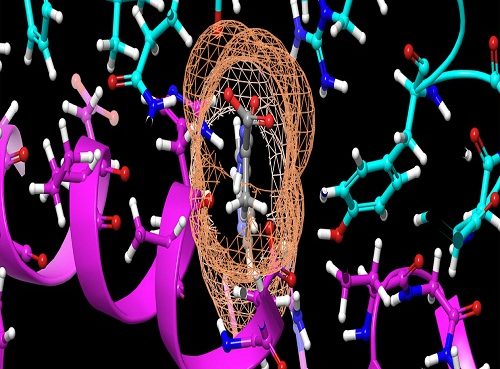The carriers, under the aegis of Airline Operators of Nigeria (AON), said they might be constrained to sell at N120, 000 per one-way economy class with the aviation fuel selling at N500/litre and without the government’s intervention.
The airlines that recently bargained N500/litre benchmark with the stakeholders, said another rise in price became imperative to cover the cost of operations.
Apparently in agreement with the operators, a former commandant of the Lagos Airport in the 90s, Group Capt. John Ojikutu (rtd), said the sector is partly bearing the brunt of neglecting the Jet A1 supply pipeline from Ejigbo to Murtala Muhammed Airport (MMA), Lagos.
The airlines, this week, raised another alarm over a massive spike at the price of aviation fuel that sold for an average of N650/litre at some airports nationwide. The operators said the “unbearable” spike and attendant disruption have made efficient air transport and affordable airfares unsustainable.
Following an emergency meeting at the behest of the National Assembly (NASS), the operators, aviation fuel marketers, the Nigeria National Petroleum Company (NNPC) Ltd and other stakeholders agreed on an interim price of N500 for aviation fuel. The price runs for three days pending the determination of a substantive price.
But the AON, on Wednesday, said that the situation had left them with no option than another upward adjustment, following the recent controversial review that raised the minimum price to N50, 000.
“We are not unmindful or insensitive to the plight of Nigerian consumers. We are all in pain, but we cannot keep subsidising the cost of operations. It is not sustainable and very dangerous for everyone. Unless the government intervenes appropriately with a price control mechanism on fuel, we may regrettably sell tickets at N120, 000,” an AON member told The Guardian.
Aviation fuel, also known as Jet A1, accounts for between 30 to 40 per cent of operating costs in aviation. Deregulated and exclusively controlled by suppliers, the price has consistently been fluctuating along with naira to dollar exchange rate.
However, Ojikutu faulted the airlines for seeking the government’s intervention in strict operational issues.
He reasoned that aviation fuel cannot cost less than the global benchmark of about $1.20/litre or N600, describing it as the price foreign airlines buy fuel in Nigeria and abroad, urging the domestic airlines to face the realities.
Ojiktutu observed that there are other factors that spike the fuel landing cost, which include trucking to the airport, demurrage paid for the number of days waiting to discharge at the airport depot, and so on.
“The airlines should, therefore, ask the National Assembly’s Aviation Committee why the pipeline bridging the supply of fuel from Ejigbo to the MMA cannot be repaired by the NNPC since 1992 – 30 years after it got ruptured? The trucking of the fuel is the pipeline through which political officials, in and out of government administration, drain the petroleum subsidies.
“Rather than the subsidies that increase yearly to alleviate the problems of Nigeria and Nigerians, they compound it more and more. Why is it that it is only the NNPC that are the only marketers that are now importing fuel? Why has the NNPC excluded Total, Mobil, AP, Conoil and MRS that were initially approved for the fuel importation?
“Up till about 2017, AP has been one the major marketers that were approved for the importation of Jet-A1; what happened to the change in all these that brought a foreign DUKE to be importing the fuel? We are the causes of our woes and who will save us from ourselves?” he queried.
Ojikutu added that the idea of operators running to NASS for everything that falls on the purview of the Nigerian Civil Aviation Authority (NCAA) does not help their cause.
The economic regulations in the Nig. CARs Part 18.17.1.1 demand that each airline that wishes to increase fares should approach the NCAA with their cost tariffs to convince the authority about the necessary needs to increase fares.
“If they must increase the fares to N120, 000, so let it be from the fuel increase; increase in ground handling services charges, landing and parking charges. Globally, commercial aviation is trading in dollars and not naira. There has been a lot of spoon-feeding in the management of our commercial aviation by successive government administrations. There have been no less than three government intervention funds for the sector with the private operators taking the junk more than the government agencies. This has to stop,” Ojikutu said.
Source: Guardian










